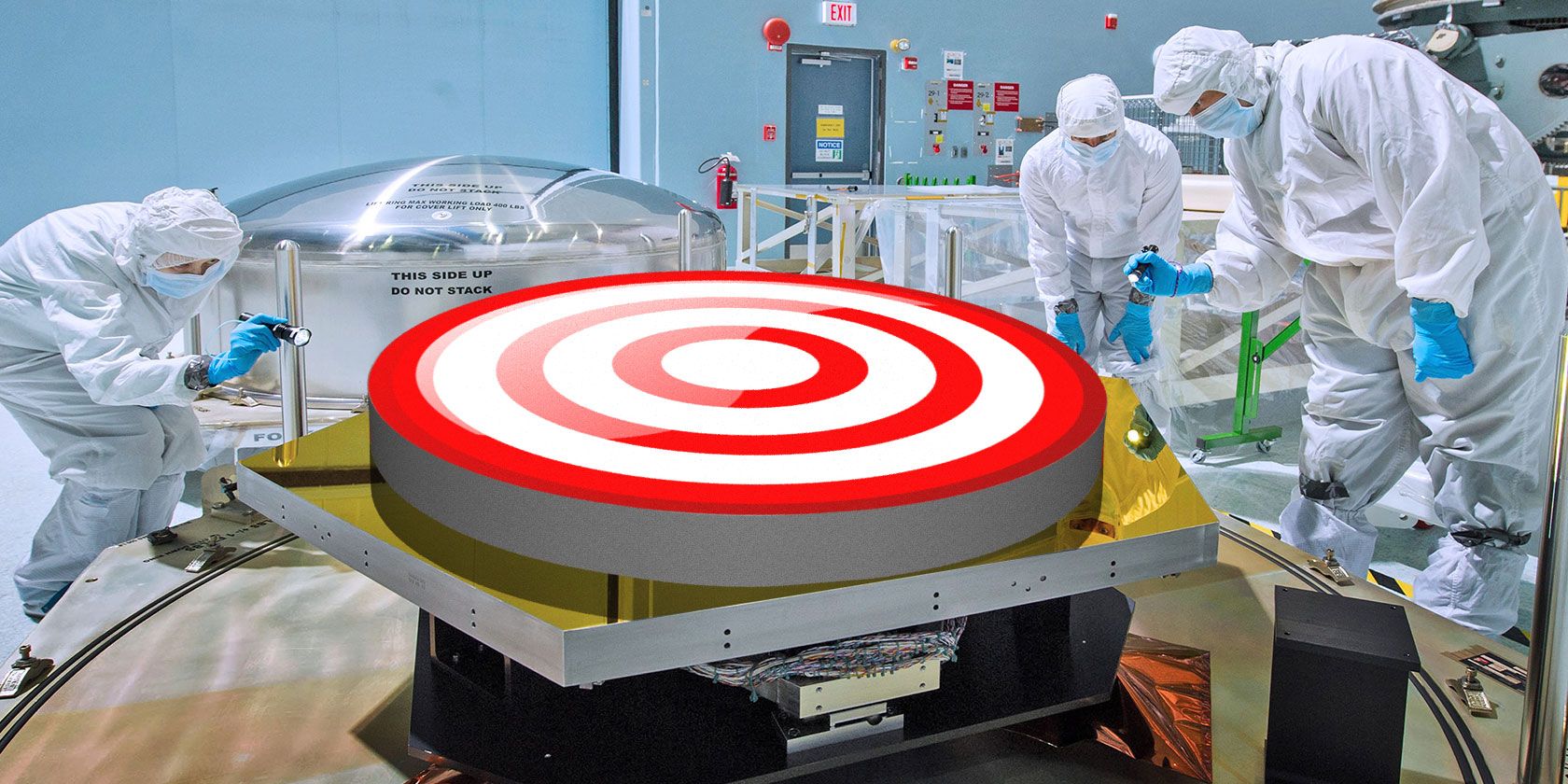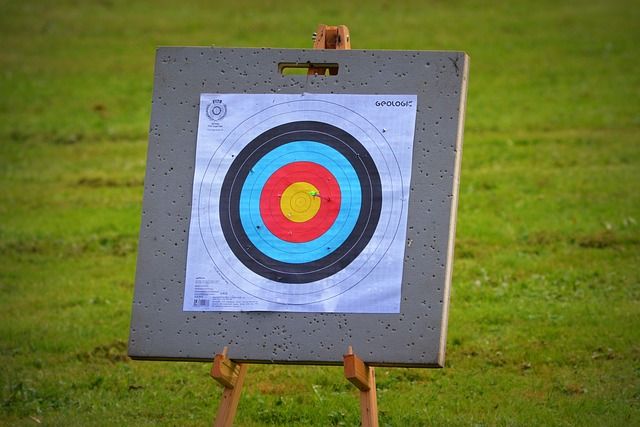As the end of the year rolls around, you have already started thinking of New Year resolutions, and how you didn't achieve the ones you set last year. Cheer up.
This time, you're going to have the power of science on your side, and a simple three-step program to finish what you set out to do.
A group of researchers spent a lot of time reviewing different studies about achieving goals. Benjamin Harkin, PhD, of the University of Sheffield and his colleagues conducted a meta-analysis of 138 studies comprising 19,951 participants. These participants were monitored on how they went about achieving personal health goals such as losing weight, quitting smoking, changing diet, or lowering blood pressure.
Harkin and team found a pattern emerging.
It's not rocket science, and is advice you've probably heard before. But they have three specific steps you need to take if you're serious about hitting your resolution targets. And they're not too difficult either.
1. Monitor Your Progress Closely and Frequently
You've probably heard people say that you should make measureable goals and track them. Well, now there is empirical evidence of that. The researchers found that participants who were prompted to monitor their progress and record it were more likely to achieve targets.
There's also no magic number to how often you should check in, they found. The formula is simple: the more frequent the monitoring, the greater the chance of success. So something like Jerry Seinfeld's "Don't Break The Chain" method would be useful, but being more specific is better.
In a way, the idea is similar to ditching the to-do list for a "Done list". You are basically noting your success, and actively tracking the progress you make. Sure, there will be days where you falter, but give yourself a break. It's a marathon, not a sprint. Keep monitoring your progress closely and frequently, and over time, you will see the results.
When it comes to logging your goals, Ryan has created a comprehensive goal management system with Excel and Google Tasks that could be used in this.
2. Measure the Goal, Not Steps to the Goal
One of the common pieces of advice in finishing a to-do list is to break it down and be specific. But that thought process isn't helping for larger goals. According to Harkin, you need to keep your eye on the prize and measure how close you are to that; forget how you are getting there.
The researchers found that asking people in a weight loss program to be careful about their diet resulted in a change in diet, but they didn't necessarily lose weight. However, asking people in a weight loss program to regularly weigh themselves saw a change in weight, but they didn't necessarily change their diet or exercise more. Harkin said,
"The implication of this finding is if you want to change your diet, then monitor what you are eating, but if you want to lose weight, then focus on monitoring your weight."
In other words, with any goal, focus on the objective, not the steps to reach that objective.
Personally, I saw this too. When I was trying to lose weight, I regularly logged my weight on my phone. Simultaneously, I had also started a new diet to help with the weight loss. But as I found out, over time, I started cheating on the diet, but as long as the weight goals were being met, I was okay with missing the diet goals.
The main idea of this step is: Identifying the core goal and measuring that is the key.
One of my favorite productivity articles is Saikat's piece on on how to make a vision board in Trello to achieve your dreams. While it breaks down your goal into smaller tasks, it always keeps the objective front and center, and you can monitor your progress in that regard, while being flexible on the steps to get there.
3. Declare Your Goals Publicly
Accountability is key in success. And the best way to be accountable is to announce your intentions openly, say the researchers. Studies pointed to the fact that publicly declaring your goals and progress is more likely to keep you going.
You could use social media to announce what you have set out to do, and your progress, or even hold public measurements. For example, the researchers found that if you are trying to shed a few pounds, then weighing yourself in front of others with that goal leads to a higher chance of you meeting targets.
The study said,
"Specifically, we would recommend that people be encouraged to record, report or make public what they find out as they assess their progress."
It doesn't need to be entirely public in the sense of announcing it to anyone and everyone. Setting up a mastermind group and holding each other accountable, while encouraging each other, is bound to have the same effect.
Community powered sites also exist around specific goals. A site like BucketListly can be visually inspiring for travel related resolutions. Bucketlist.org can be an option for any other publicly shared goal.
Sharing your goals with others also helps you get ideas from the experience of others. You can keep your network tuned in with a simple tool like Joe's Goals. Search for goal accountability apps many useful options pop up for all platforms.
The advice is clear: Don't keep your intentions private, share them.
Declaring and debating your objectives is also an important part of achieving your goals through The Theory of change. Again, like with the vision board, the flexibility of this method makes the goal seem more attainable, even if you falter on steps to get there.
Tell Us Your Goal Story
Which of these three methods have you found most useful in a big goal that you've achieved? Have you used all three? Share your big achievement, the enthusiasm of success is infectious!




